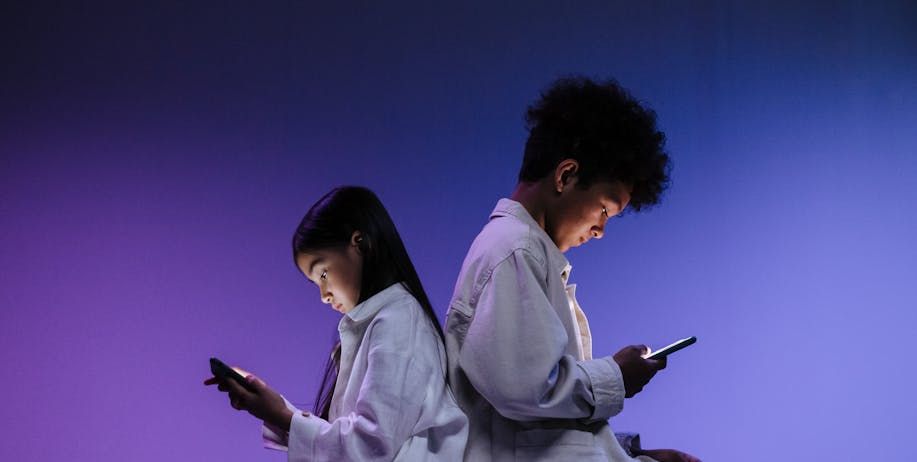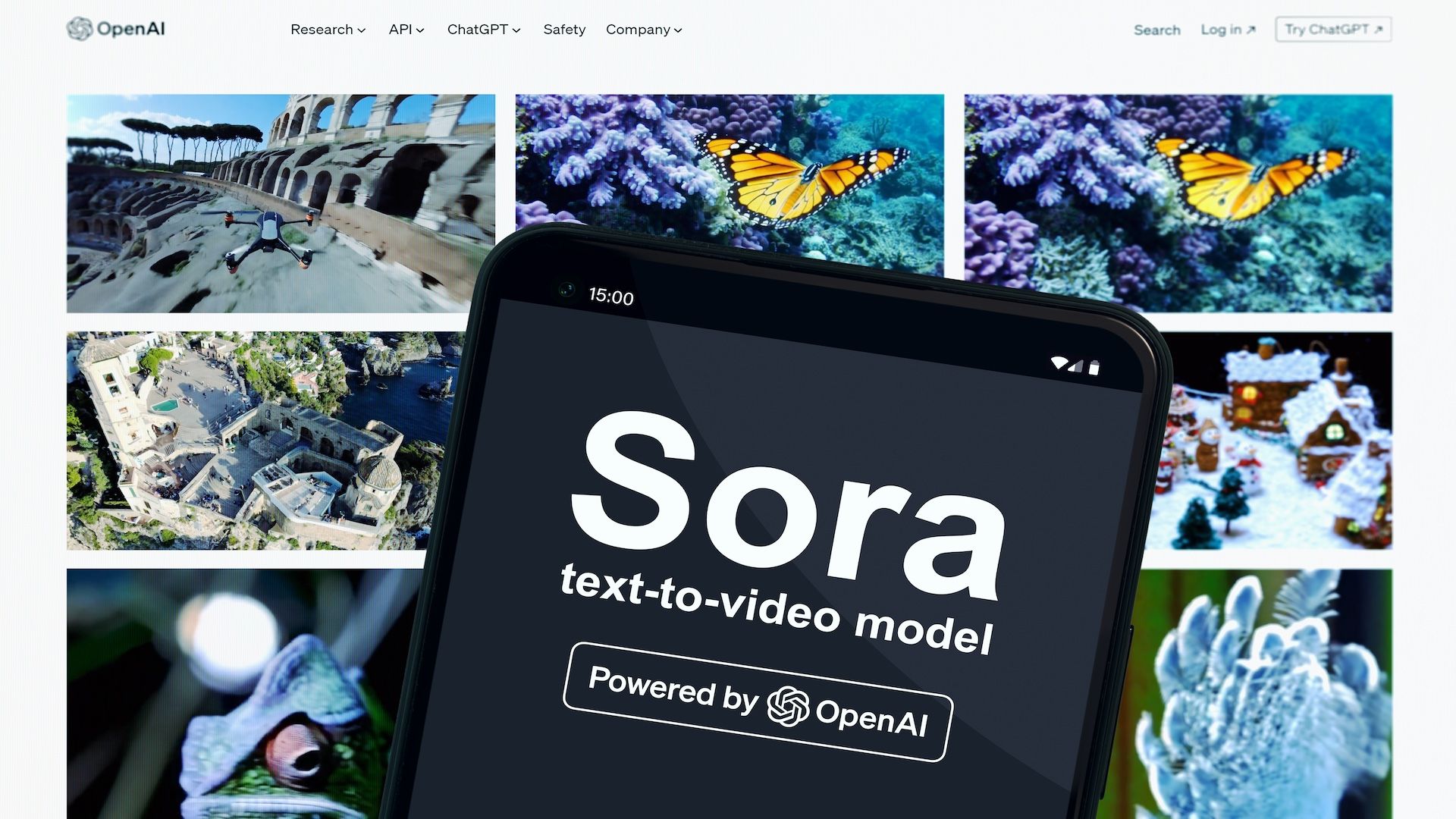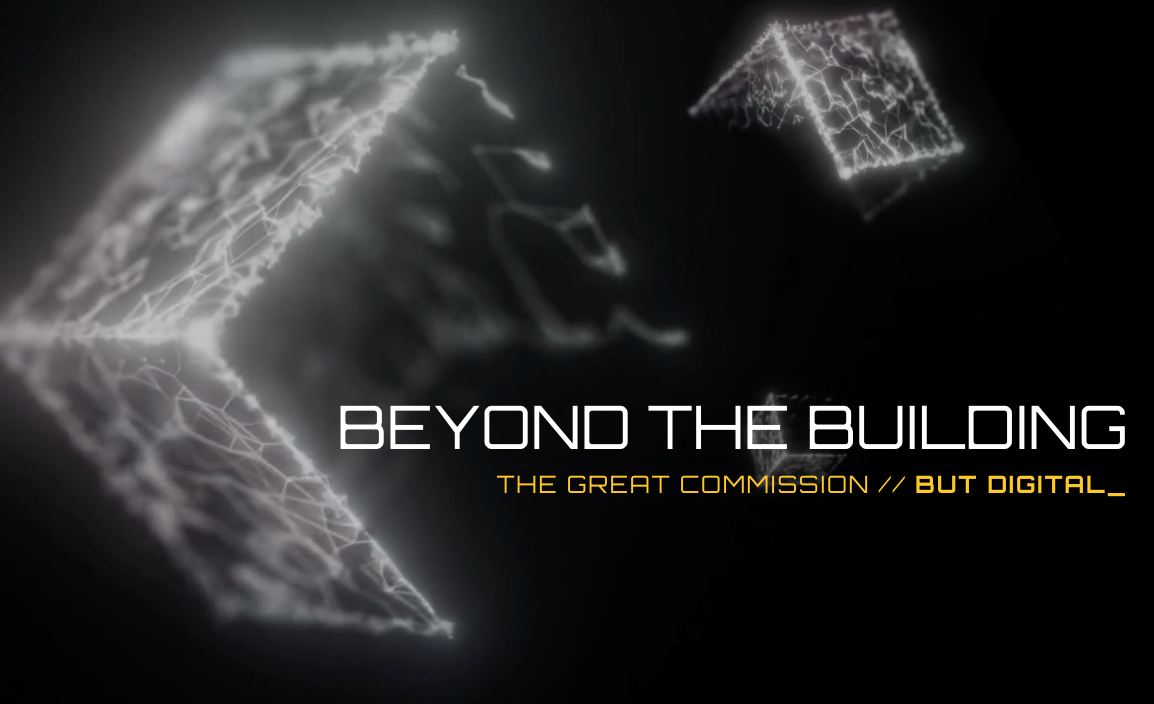EP285 - Quintin McGrath & The Ethics Around Sora, Text-to-Video AI
In this conversation, Jeff Reed and Quintin McGrath discuss the ethical implications of OpenAI's Sora, a text-to-video technology. They explore the capabilities of Sora and its potential for creative expression. However, they also delve into the negative aspects, such as the potential for bias and the creation of deep fakes. They emphasize the importance of setting ethical boundaries and being transparent about intentions. The conversation raises concerns about trust in organizations that draw the lines and the need for permissions to prevent personal violations. The conversation explores the embedding of AI in video, ethical considerations in AI-generated education, using AI with critical thinking, practical applications of Sora in the church, other aspects of AI to consider, and driving AI towards positive outcomes.
Takeaways
- Sora, OpenAI's text-to-video technology, has the potential for creative expression and problem-solving.
- Ethical concerns arise with Sora, including the potential for bias, the creation of deep fakes, and the manipulation of visual images to influence people.
- It is important to set ethical boundaries and be transparent about intentions when using Sora or similar technologies.
- Trust in organizations that draw the lines and the need for permissions to prevent personal violations are crucial considerations. AI can be embedded in video to provide additional information and metadata.
- Ethical considerations are important in AI-generated education to ensure accuracy and avoid perpetuating harmful stereotypes.
- Using AI with critical thinking can help validate and test the information generated.
- Practical applications of Sora in the church include creating a peaceful environment and enriching biblical stories.
- Other aspects of AI to consider include digital twinning, adaptive AI, and AI embedded in various environments.
- Driving AI towards positive outcomes requires a focus on ethics and human flourishing.
Timecode
- 00:00 AI integrated Riverside platform revolutionizes podcasting.
- 05:03 Focused on AI, ethics, risk management, mentoring.
- 08:52 High quality AI-generated videos with no sounds.
- 13:39 Creating favorable environment for understanding real-world interaction.
- 16:00 Worries about bias, deep fakes, reality perception.
- 19:16 Ethical framework for AI and personal boundaries.
- 21:41 Careful scrutiny of beauty and gospel's role.
- 25:30 Large language models can be intentionally manipulated.
- 30:32 Transparency and acceptance of AI in technology.
- 32:15 Content creator discusses use of AI in work.
- 35:33 Using AI to facilitate critical, conversational interactions.
- 41:11 Caution in AI use and potential misuse.
- 45:26 Creating beautiful, peaceful, and accepting environment for God.
- 47:16 Understanding and enriching the context of Biblical stories.
- 52:19 Generative AI's potential expands with more data.
- 54:22 AI learns to make coffee without step-by-step training.
- 58:19 Focus on ethics, drive towards positive change.
ON THE SHOW
Host: Jeff Reed
Founder, The Church Digital
Guest: Quintin McGrath
AI Ethics Expert
QUESTIONS & RESOURCES
- OpenAI, Sora's Website - https://openai.com/sora
-
What measures can be put in place to fact-check and validate AI-generated content, particularly in educational settings?
-
How can the use of AI align with religious values and the ethical principles taught by the church?
-
In what ways can we objectively assess both the potential benefits and risks of AI technology, especially in the context of spiritual and community growth?
-
Can you provide more examples of how text-to-video technologies like Sora could be used responsibly within religious communities?
-
How can church leaders prepare for the ethical dilemmas that come with the rapid expansion and capabilities of AI like digital twinning and adaptive learning models?
-
Considering the ethical concerns, what guidelines should organizations like OpenAI and Google establish to govern the ethical use of AI?
-
What role does personal responsibility play in using AI technology, and how can individuals ensure they are using it ethically?
-
How should society approach the trust and verification of AI-generated content, and what role do transparency and control play in this process?
-
How can content creators and the general public distinguish between authentic and AI-generated content, and why is this distinction important for trust and ethics in the digital age?










